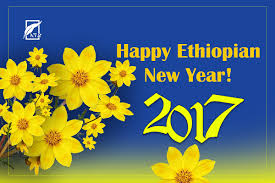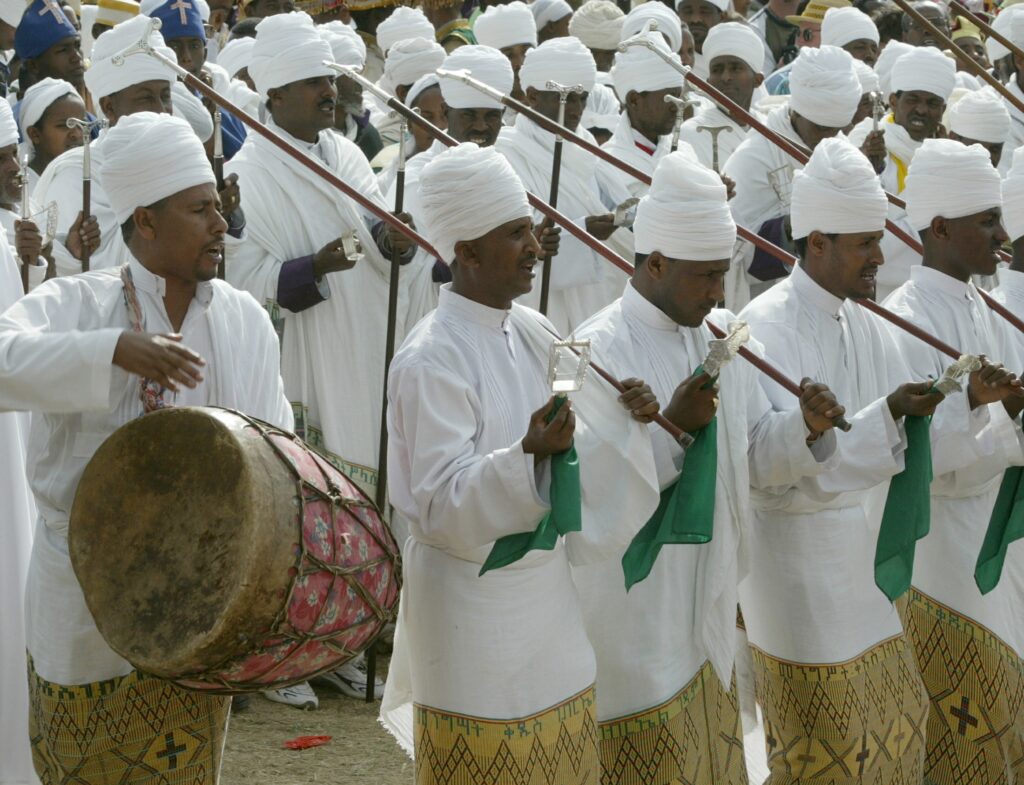While much of the world observes September 11 as a somber anniversary, Ethiopia marked the date with joyous celebrations, ringing in its New Year 2017 according to the country’s ancient calendar. The festivities, known as Enkutatash, underscore Ethiopia’s distinct cultural identity and its preservation of traditions that predate widespread global calendar standardization.

The Ethiopian New Year, falling on September 11 (or September 12 in leap years) in the Gregorian calendar, stems from the country’s use of the Ethiopic or Ge’ez Calendar. This system, introduced in the 16th century by Emperor Ge’ez Sarsa Dengel of Abyssinia, is rooted in the ancient Coptic Alexandrian calendar and differs significantly from the widely used Gregorian Calendar established by Pope Gregory XIII in 1582.
Bahi Kidus, an Ethiopian residing in London, explained to TRT Afrika, “Holidays and celebrations bring people together, and September 11 is no different for us.” The date’s festive nature in Ethiopia presents a stark contrast to its solemn observance in many other parts of the world, highlighting the country’s unique historical and cultural trajectory.

The name Enkutatash, meaning “gift of jewels” in Amharic, traces its origins to Ethiopian lore surrounding the Queen of Sheba’s return from her famed visit to King Solomon in Jerusalem. Legend has it that on September 11, the queen received a homecoming where her people presented her with jewels, establishing the date’s significance in Ethiopian culture.
Traditional New Year celebrations in Ethiopia feature a spread of local delicacies, including Injera (a bread made from teff flour), accompanied by various meat and vegetable dishes. The honey wine tej flows freely, and the air fills with the rhythms of Eskista, the traditional “shoulder dance.” Coffee ceremonies and animated conversations round out the festivities, which often extend for a week.

Ethiopia’s ability to maintain this distinct calendar and New Year tradition is largely attributed to its unique history as Africa’s oldest independent country that has never been colonized. This historical independence allowed Ethiopia to preserve its language, religion, culture, and heritage through centuries of global change and regional turmoil.
However, current economic challenges are impacting the scale of celebrations. Kidus noted, “If you look at the celebrations now and what they were like when we were growing up, things have changed. The economy has taken a hit. Most people can’t afford to celebrate, at least not as we used to.” Inflation, drought, floods, and intermittent violence have strained many Ethiopians’ financial resources.

For Ethiopians in the diaspora, the New Year takes on additional significance as a connection to their homeland. “We find ourselves far from our motherland. These memories are the ones we hold tightly to for a feeling of home,” Kidus explained, highlighting how cultural traditions like Enkutatash serve as vital links to national identity for expatriates.

As Ethiopia welcomed 2017 according to its calendar, the celebrations served not only as a marker of time but as a testament to the country’s rich cultural heritage and its ability to maintain unique traditions in an increasingly globalized world. The contrast between Ethiopia’s joyous observance of September 11 and its somber significance elsewhere underscores the diverse ways in which different cultures mark time and history.
While challenges persist, the continuation of Enkutatash celebrations both within Ethiopia and among its diaspora communities demonstrates the enduring strength of cultural identity and the power of shared traditions to unite people across distances and generations.



